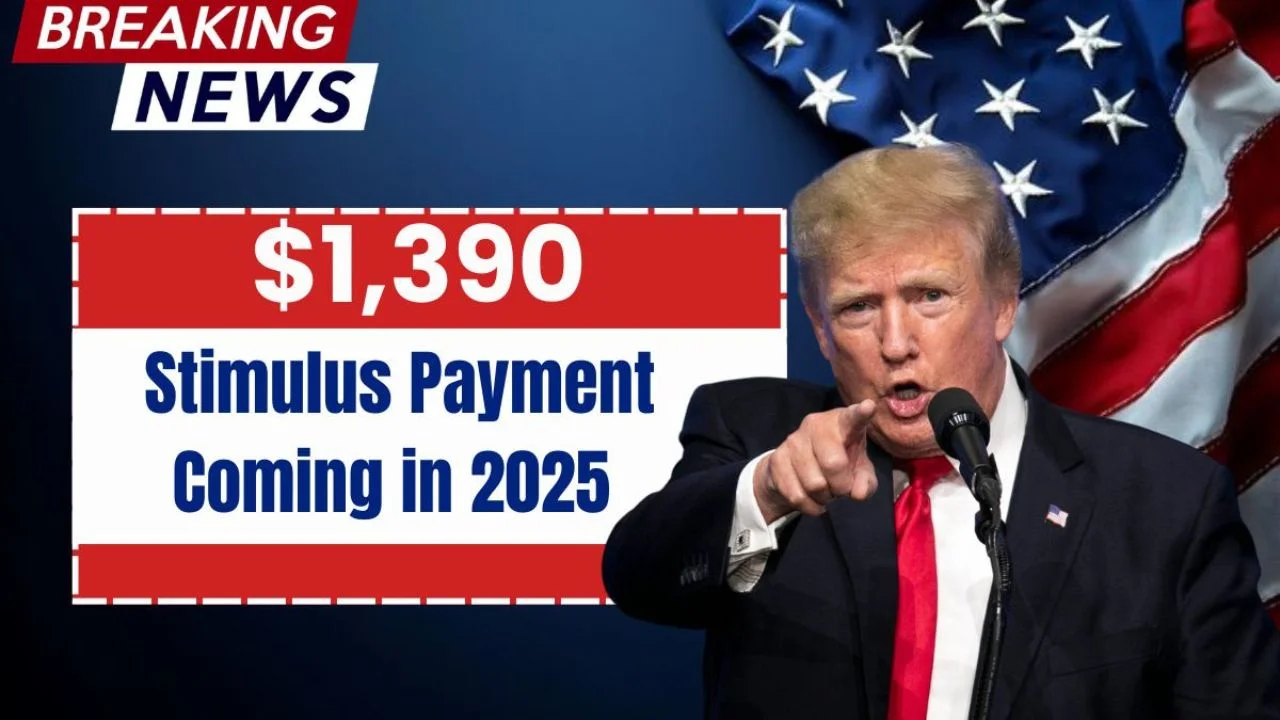Staying independent and mobile is vital for seniors, and holding a valid driver’s license often plays a significant role in preserving that autonomy. In New York, the license renewal process for seniors incorporates distinct requirements designed to balance independence with public safety. Whether you are renewing your license for the first time as a senior or supporting a loved one through the process, understanding state-specific guidelines can streamline renewal and avoid common pitfalls.
Introduction
As life expectancy continues to rise, more seniors remain active drivers, making ongoing license renewal especially important. New York recognizes this and offers a well-structured renewal system targeted at older adults. This guide provides a comprehensive overview of the license renewal process for seniors in New York, including eligibility, procedures, required documents, medical requirements, renewal intervals, fees, as well as helpful tips and frequently asked questions. Readers will also find a comparison between New York and other states, plus expert strategies for ensuring safe driving throughout senior years.
Why License Renewal is Important for Seniors
-
Maintaining Independence: Being able to drive means seniors can participate in daily activities, visit family, attend medical appointments, and enjoy hobbies.
-
Legal Compliance: Driving without a valid license can result in heavy fines, legal action, and loss of insurance coverage.
-
Safety: Renewal processes often include vision and sometimes medical checks, ensuring safer roads for all.
License Renewal Eligibility Criteria
Who Qualifies as a Senior for Renewal Purposes?
In New York, the term ‘senior’ regarding license renewal typically refers to residents aged 66 and older. Renewal requirements and intervals are tailored for this age group, addressing age-related changes in health and driving ability. However, some perks and considerations may start as early as 62 years old for certain programs.
The Renewal Process: Step-by-Step Outline
Renewal Intervals and Methods
-
Seniors 66 and older in New York can renew their driver’s license every five years.
-
Renewal can be completed in person, online, or by mail—subject to eligibility.
-
Seniors 62 years and older may qualify for a reduced fee for a 10-year ID card.
Required Documents
To renew your New York driver’s license as a senior, you typically need:
-
Current or expired driver’s license
-
Your nine-digit DMV ID number
-
Vision test results (see more on health requirements below)
-
Social Security number (last four digits)
-
Payment method for the license renewal fee
Stepwise Guide
-
Choose the Renewal Method
-
Online renewal through the DMV website unless specified for in-person only.
-
Mail-in option when eligible, though seniors may be mandated to renew in person in some cases.
-
-
Prepare Documentation
-
Gather your driver’s license, DMV number, vision results, and Social Security info.
-
-
Complete Vision Examination
-
Obtain a recent vision test report from a certified optometrist or take the test at the DMV.
-
-
Pay Renewal Fee
-
Fees typically range from $25 to $40 for a regular five-year renewal; discounts may be available for seniors on a 10-year ID card.
-
-
Submit Application
-
Online, by mail, or at a local DMV office.
-
Medical and Vision Examination Requirements
Why Vision Is Checked
As vision can deteriorate with age, New York mandates that all renewing drivers submit recent vision test results. This check is a cornerstone for safety and must be performed by a certified professional.
Frequency
-
Vision tests are required at each renewal for seniors aged 66 and older.
-
No mandatory road tests unless flagged during renewal for medical or safety concerns.
Fees and Financial Considerations
| Age Group | Renewal Period | License Renewal Fee | Additional Notes |
|---|---|---|---|
| 62 and older | 10 years | $6.50 (ID Card) | Reduced fee for ID card |
| 66 and older | 5 years | $25-$40 | Standard renewal fee |
Comparison: New York vs. Neighboring States
| State | Senior Renewal Age | Interval | In-Person Required? | Medical/Vision Exam |
|---|---|---|---|---|
| New York | 66+ | Every 5 years | Sometimes | Yes |
| New Jersey | 79+ | Every 4 years | Yes | Yes |
| Pennsylvania | 75+ | Every 2 years | Yes | Yes |
| Connecticut | 65+ | Every 6 years | Yes | Yes |
Tips for a Hassle-Free Renewal
-
Plan ahead: Initiate renewal up to one year before the expiration date.
-
Check your vision: Schedule a vision exam at least one month prior to renewal.
-
Know your options: Eligible seniors may renew online or by mail, provided no issues have been noted with prior driving records.
-
Keep records handy: Store DMV documents and test results in a safe place.
-
Ask for help: Family members or advocates can assist with online and mail-in renewals.
Common Questions and Concerns
Do Seniors Need to Retake the Road Test?
New York generally does not require mandatory road tests for seniors unless the DMV identifies possible driving or medical issues during the renewal process.
What Happens if You Miss Your Renewal Window?
Seniors may renew up to one year before and two years after the expiration date. However, driving with an expired license is illegal and can incur fines.
Are There Special Provisions for Seniors Who No Longer Drive?
Yes, seniors who opt not to drive anymore can convert their driver’s license into a state ID at a reduced cost.
Facts and Statistics About Senior Drivers in New York
-
A significant portion of New York residents over 65 maintain active driver’s licenses.
-
Vision impairment remains one of the top reasons for failed senior renewals.
-
In-person renewals spike after age 70, often due to additional required medical checks.
-
Accident rates start to increase for drivers over 75, but most incidents involve minor traffic violations rather than severe collisions.
Strategies for Safe Senior Driving
-
Regular Health Checks: Seniors are encouraged to schedule routine medical and vision checkups.
-
Defensive Driving Classes: The DMV offers certified courses designed for seniors, which may also reduce insurance premiums.
-
Car Modifications: Adaptive equipment such as larger mirrors, seat adjustments, and steering aids can help seniors drive safely.
-
Reduce Night Driving: Older adults should minimize driving after dark due to higher vision and reaction time challenges.
-
Know When to Stop: Family and health providers should help seniors evaluate when it is time to retire from driving, transitioning to public transport or ride options.
The Role of Family and Caregivers
Family members play a crucial part in supporting seniors through license renewal. Whether helping to gather documents, arrange vision appointments, or provide transportation to the DMV, collaborative efforts can ensure seniors maintain their mobility safely.
Useful DMV Resources and Contacts
-
Local DMV Offices: Available for in-person support, renewals, and vision exams.
-
New York State DMV Website: Central hub for online renewal and up-to-date guidelines.
-
Senior Advocacy Groups: Organizations offering advice, legal support, and transportation alternatives.
Practical Scenarios
-
Case Study: Grace, 75, Brooklyn
Grace opted for in-person renewal, easily passing her vision exam but needing help from her son to navigate the paperwork. After successful renewal, she signed up for a defensive driving class to refresh her skills. -
Case Study: Thomas, 67, Albany
Thomas chose online renewal due to convenience and his up-to-date medical records. He completed the vision test at his optometrist’s office and uploaded results to the DMV portal.
Table: License Renewal Requirements for Seniors in New York
| Requirement | Details |
|---|---|
| Age criteria | 66 and older for license renewal |
| Vision test | Mandatory during each renewal |
| Renewal period | Every 5 years |
| In-person renewal | Required in certain cases |
| Online/mail renewal | Available, subject to eligibility |
| Road test | Not routinely required |
| Renewal fee | $25–$40 per renewal |
| State ID (non-driver) | Available for seniors, $6.50 for 10 years |
| Grace period | License can be renewed up to 2 years after expiry |
Conclusion
Renewing a driver’s license as a senior in New York is a manageable process, supported by clear guidelines and multiple options for completion. The state’s policies reflect a dedication to balancing independence and public safety, with extra support for seniors during medical or vision checks. By staying informed, scheduling renewal well in advance, and leveraging family and community support, New York’s older drivers can continue enjoying the freedom and confidence of safe, legal driving.
If you’re a senior preparing for license renewal or helping someone with the process, consult your local DMV and gather all necessary paperwork early. Remember, maintaining good health, up-to-date medical documentation, and a positive attitude are keys to a smooth renewal and continued independence on the road.












Leave a Reply